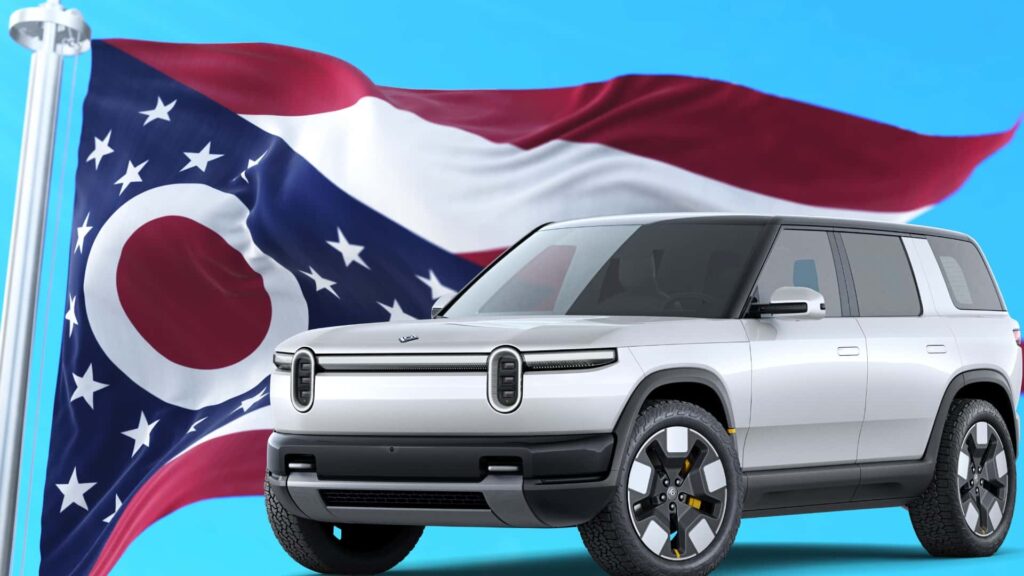Rivian, the electric vehicle manufacturer, is taking legal action against the State of Ohio over a ban that prevents direct-to-consumer sales of cars in the state. This ban, implemented in 2014, prohibits Rivian from selling its vehicles directly to consumers in Ohio. However, Tesla was granted a special exemption in 2014, allowing the company to operate its own direct-to-consumer stores in the state with a limit of three stores.
The lawsuit filed by Rivian argues that the carveout given to Tesla is unfair and puts Rivian at a disadvantage. The company currently does not have any physical showrooms in Ohio, although it does operate service centers in Cleveland, Cincinnati, and Columbus. These service centers do not allow for direct sales, forcing Ohio residents to purchase Rivian vehicles from out-of-state locations.
Rivian claims that this restriction places unnecessary burdens on both consumers and the company itself, with no legitimate reason for the ban on direct sales. The 2014 law in Ohio prohibits manufacturers or their affiliated entities from selling vehicles directly to consumers, effectively shutting out companies like Rivian from the market.
Despite Tesla being allowed to establish direct sales locations in Ohio prior to the ban, Rivian argues that the special treatment given to Tesla for a third store in Cleveland is a clear carveout that is not extended to other manufacturers. The lawsuit contends that the ban on direct sales is a result of pressure from the Dealer Association rather than being in the best interest of Ohio consumers.
This legal action marks the first time Rivian has directly challenged a state over its direct-to-consumer sales policies. The outcome of the lawsuit could potentially open the door for other direct-to-consumer brands like Rivian and Lucid to operate in Ohio. With more affordable models in the pipeline, Rivian aims to remove any roadblocks to sales before launching its new vehicles.
In the event that Rivian is successful in its lawsuit, the company is prepared to comply with all necessary requirements to become a registered dealer in Ohio. The ultimate goal is to provide Ohio consumers with easier access to Rivian vehicles and streamline the purchasing process. As the electric vehicle market continues to expand, the outcome of this legal battle could have significant implications for the industry in Ohio and beyond.

